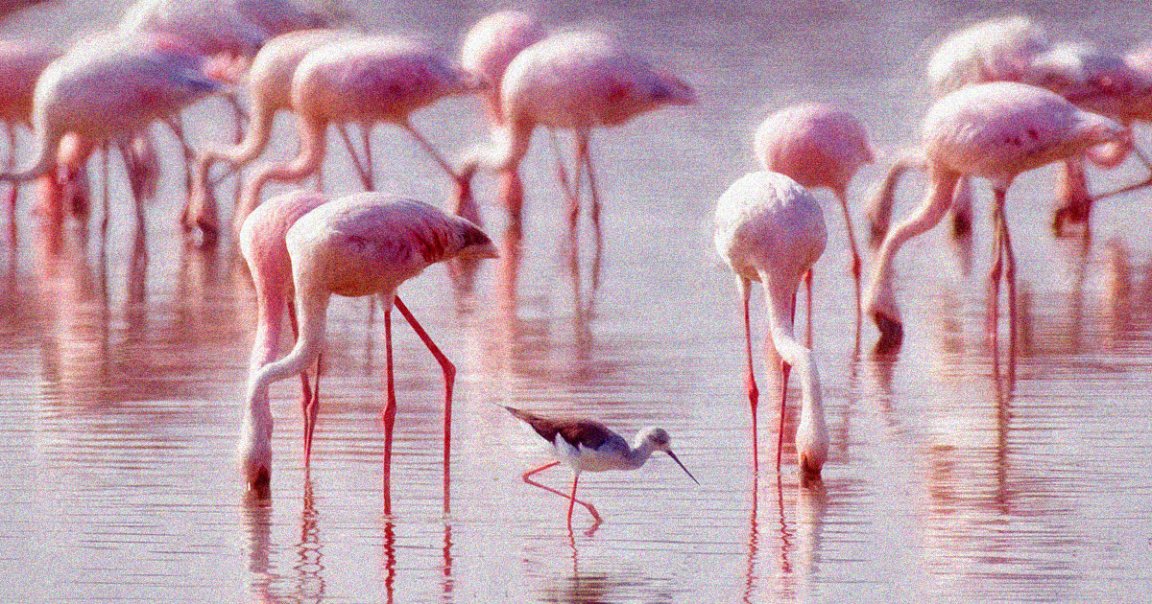
In a surprising reversal, a photographer who had submitted his work to a recent competition was disqualified after his real photograph took the prize in the AI image category.
In other words, his award was ripped from his hands because he didn’t use AI, flipping the usual narrative of artists being accused of using AI on its head.
As PetaPixel reports, photographer Miles Astray submitted a stunning photo of a flamingo tucking its head into its own body into the AI category at the 1839 Color Photography Awards.
The work took third place and even won the People’s Vote Award.
But it turns out Astray wanted to send a message by submitting a real photograph.
“I wanted to show that nature can still beat the machine and that there is still merit in real work from real creatives,” he told PetaPixel. “After seeing recent instances of AI-generated imagery beating actual photos in competitions, I started thinking about turning the story and its implications around by submitting a real photo into an AI competition.”
The AI category is the only one in the competition that isn’t camera-based. While organizers told PetaPixel that they appreciated Astray’s “powerful message,” they chose to disqualify him to “ensure fairness and clarity for all participants.”
It’s an unusual incident, considering we’ve already seen several examples of artists entering photography competitions with AI-generated images — and winning.
Case in point, German artist Boris Eldagsen won a prestigious prize for his stunning black and white portrait last year — only to reveal later that he was refusing the award, admitting that he had used an AI image generator.
“With my refusal of the award I hope to speed up this debate,” Eldagsen wrote in a statement at the time. “AI images and photography should not compete with each other in an award like this. They are different entities. AI is not photography. Therefore I will not accept the award.”
It’s a heated debate that has already led to several lawsuits, with artists accusing AI companies of unfairly profiting off of their work. Some artists have watched in horror as their opus is remixed by AI, often without their consent.
Meanwhile, proponents of the tech have argued their AI-generated images also amount to being “art,” as exemplified by a subreddit called Defending AI Art.
In late 2022, AI enthusiast Jason Allen entered the Colorado State Fair’s fine art competition with an AI-generated painting, winning first prize.
Other artists reacted with dismay.
“We’re watching the death of artistry unfold before our eyes,” another user wrote in response. “If creative jobs aren’t safe from machines, then even high-skilled jobs are in danger of becoming obsolete. What will we have then?”
Allen later shot back, arguing that he had spent “many weeks” to come up with a “special prompt” that would generate the resulting painting.
In short, it’s a debate that will more than likely rage on as the technology improves and becomes even more ubiquitous over time. Complicating matters, the lines continue to blur between AI-generated images and real-life photography, making them harder and harder to tell apart.
“There is an important public debate about the benefits and pitfalls of this game-changing technology that I wanted to contribute to,” Astray told PetaPixel. “I’m glad to see that this experiment confirmed my hypothesis: there is nothing more fantastic and creative than Mother Nature herself.”
More on AI art: Redditors Vent and Complain When People Mock Their “AI Art”